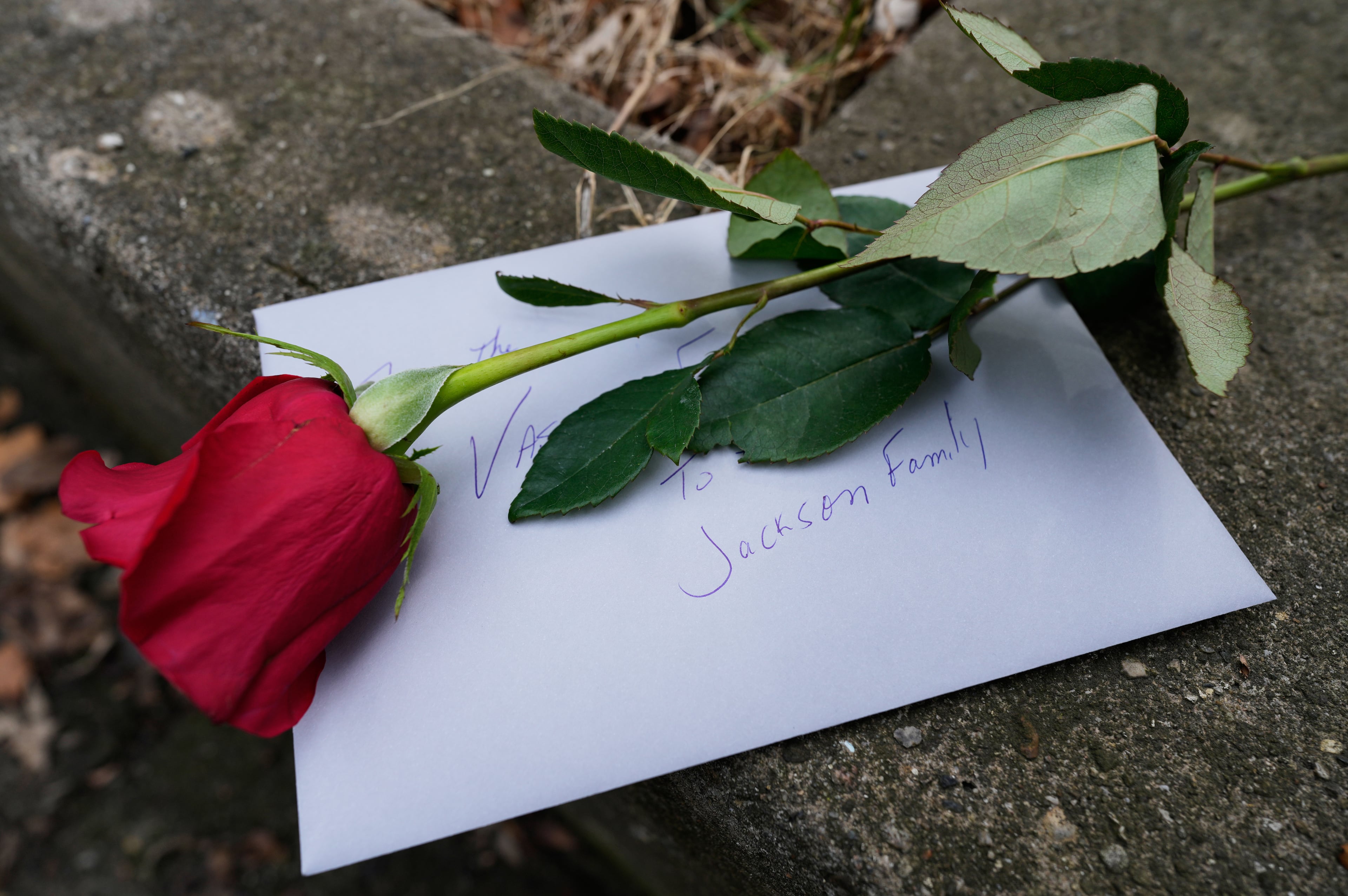Jimmy Carter’s lessons for America on his 100th birthday

On the day of a critical debate between candidates for vice president, let’s pause to remember that politics can be a good sport.
Much has been written about former President Jimmy Carter as he turned 100. But there is always more to say to be inspired.

Our last full public glimpse of Carter was when he sat at in the front row of his wife’s November 2023 funeral at the Maranatha Baptist Church in Plains, Georgia, as friends and family eulogized Rosalynn Carter. Today, he is a model for hospice care.
But there are other images to keep in mind when you think about Carter:
The humble man
Carter was born in 1924 in Archery, Georgia, at a time when American arrogance was not the definition of politics.
He is fond of saying about his upbringing that “the early years of my life on the farm were full and enjoyable, isolated but not lonely…. We always had enough to eat, no economic hardship, but no money to waste. We felt close to nature, close to members of our family, and close to God.”
The public servant
Carter worked on submarines for the U.S. Navy — a fact we often forget. Yet in these times of global war, he is a reminder that service in the military matters.
Carter served on the National Governor’s Conference Executive Committee and as the Democratic National Committee campaign chair for the 1974 congressional election.
The president and climate expert
Carter came into office with serious issues plaguing America, from Watergate to Vietnam to human rights abuses in the CIA revealed by the Church Committee. Yet he looked ahead. He commissioned a series of reports on the environmental risks of global warming that concluded that the United States needed to limit the world’s average temperature to 2 degrees Celsius. (This was close to 40 years before the United Nations reached an identical conclusion in the Paris agreement.)
He publicly addressed this lesser-known threat — climate change — decades before it became the issue of the day. As a nuclear scientist by training, Carter understood the risks that pollutants posed to the environment, so he put solar panels on the White House, which the next president, Ronald Reagan, promptly removed.
Yes, Carter’s presidency was overshadowed by the Iranian hostage crisis, but he made progress at home, including “the creation of nearly 8 million jobs, a decrease in the deficit and governmental reforms to rein in waste, fraud and abuse.”
Global peacemaker
And his historic work on the Middle East — the Camp David agreement of 1978, creating peace between Israel and Egypt — cannot be forgotten. With today’s conflict in the region, it’s not hard to imagine what Carter might have been able to achieve.
He also is responsible for the ratification of the Panama Canal treaties, the establishment of diplomatic relations with China and an arms treaty with the Soviets. That is a lot of foreign policy.
The citizen diplomat
But perhaps the greatest accomplishment of both Jimmy Carter and his wife, Rosalynn, was the creation, in 1982, of the Carter Center, which has remained steadfast in its “expansion of democracy and peace around the world and its monitoring of elections.”
Jimmy Carter will always be remembered as a humanitarian and as a warrior for peace. He was awarded the 2002 Nobel Peace Prize “for his decades of untiring effort to find peaceful solutions to international conflicts, to advance democracy and human rights, and to promote economic and social development..”
His acceptance speech summarized his life’s work:
“I am not here as a public official, but as a citizen of a troubled world who finds hope in a growing consensus that the generally accepted goals of society are peace, freedom, human rights, environmental quality, the alleviation of suffering, and the rule of law.”
So, on his 100th birthday, I am thankful to Jimmy Carter for his service.
Tara D. Sonenshine is senior fellow at the Fletcher School of Law and Diplomacy at Tufts University. She was an editorial producer of ABC News Nightline.
Essays on Jimmy Carter
These were written for the Opinion page to coincide with former President Carter’s 100th birthday on Oct. 1.
Jimmy Carter’s lessons for America on his 100th birthday - Tara D. Sonenshine
How Joe Biden’s grace brought Jimmy Carter in from the cold - Elaine Povich
Why I, a conservative Republican, admire Jimmy Carter - Douglas Young
Wherever Jimmy Carter goes, there goes a good man - Corey Ryan Forrester
Remembering Jimmy Carter: The life story of the man from Plains


